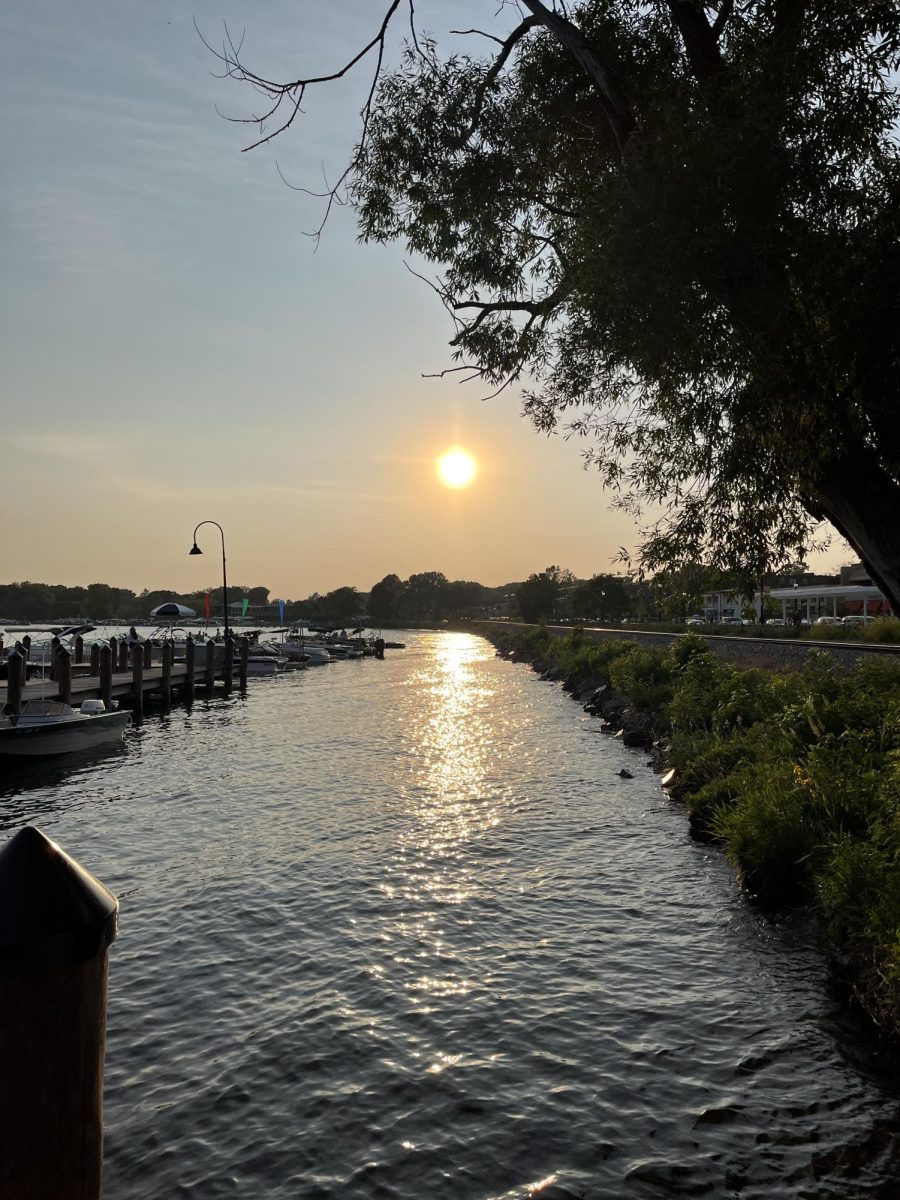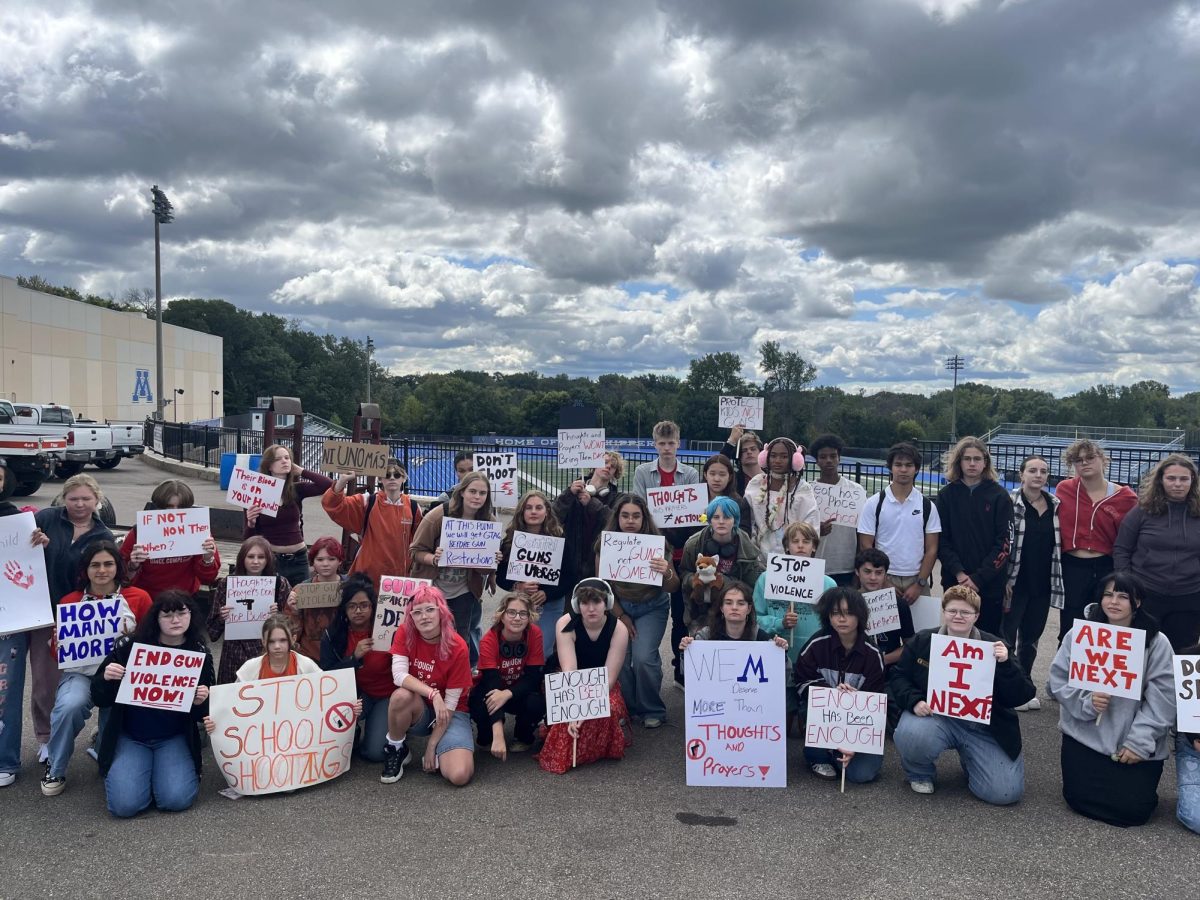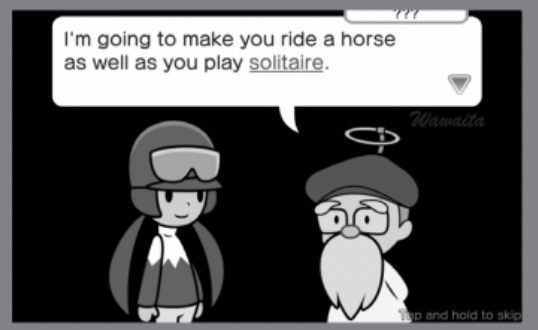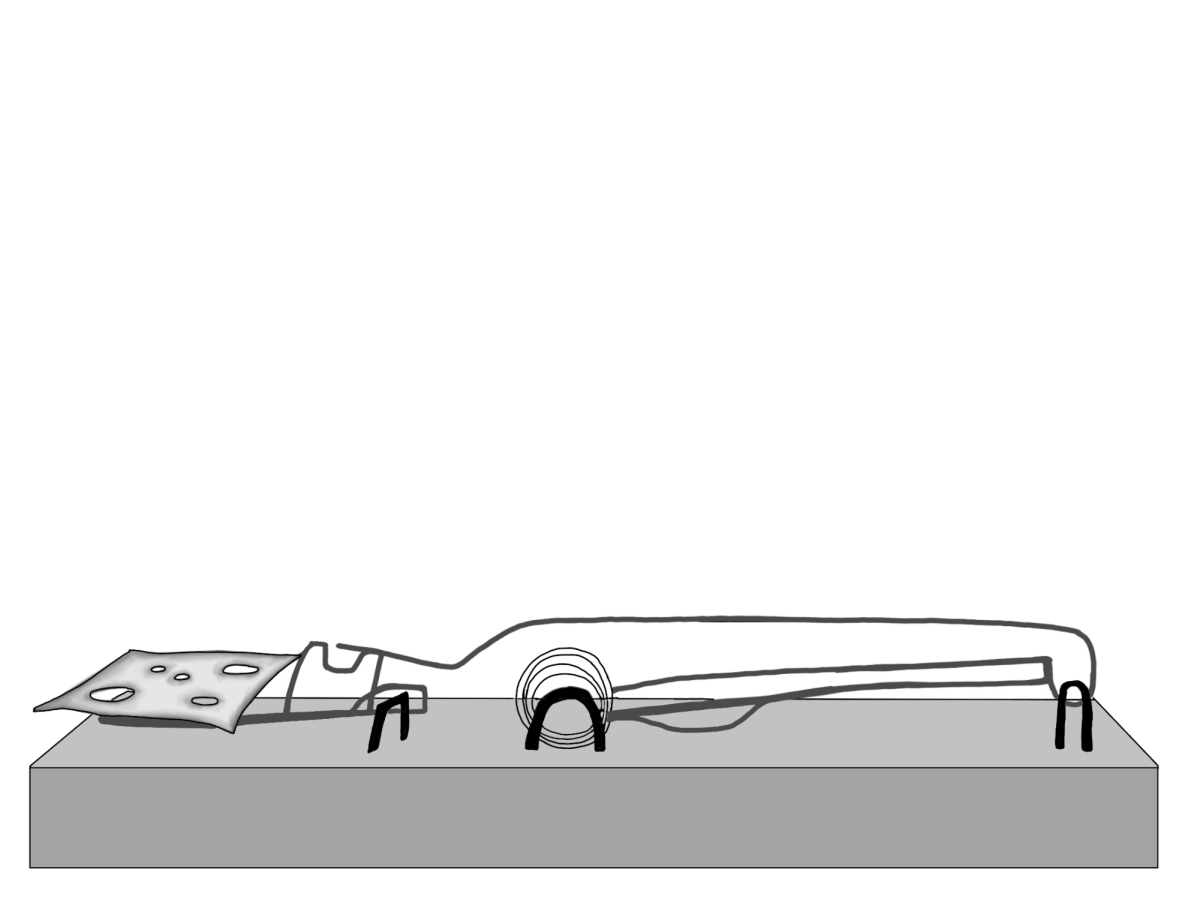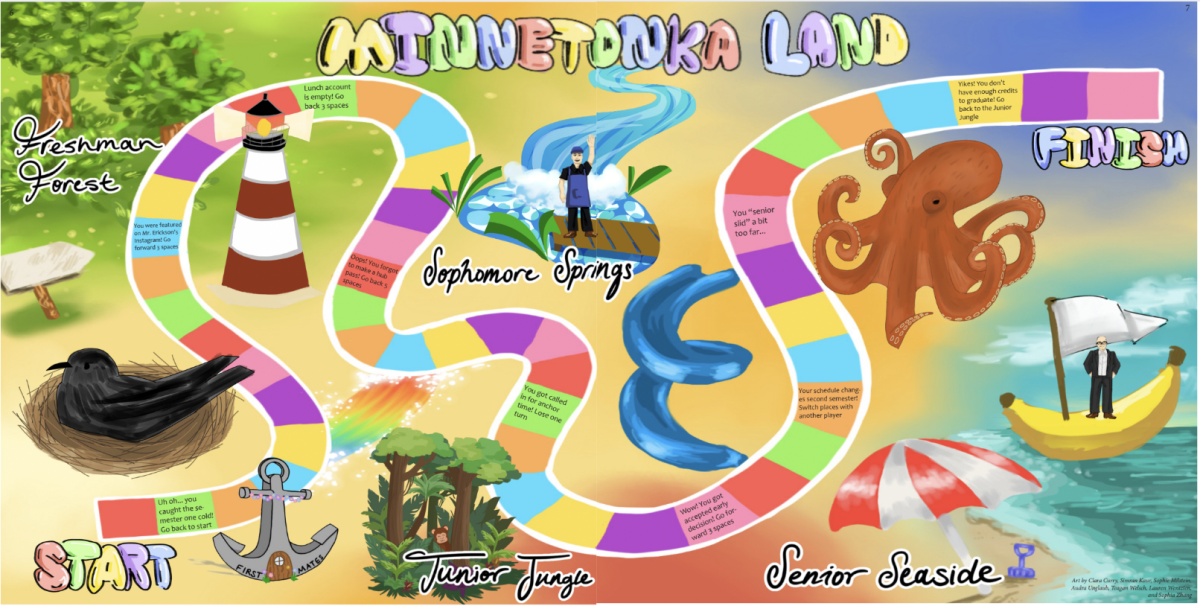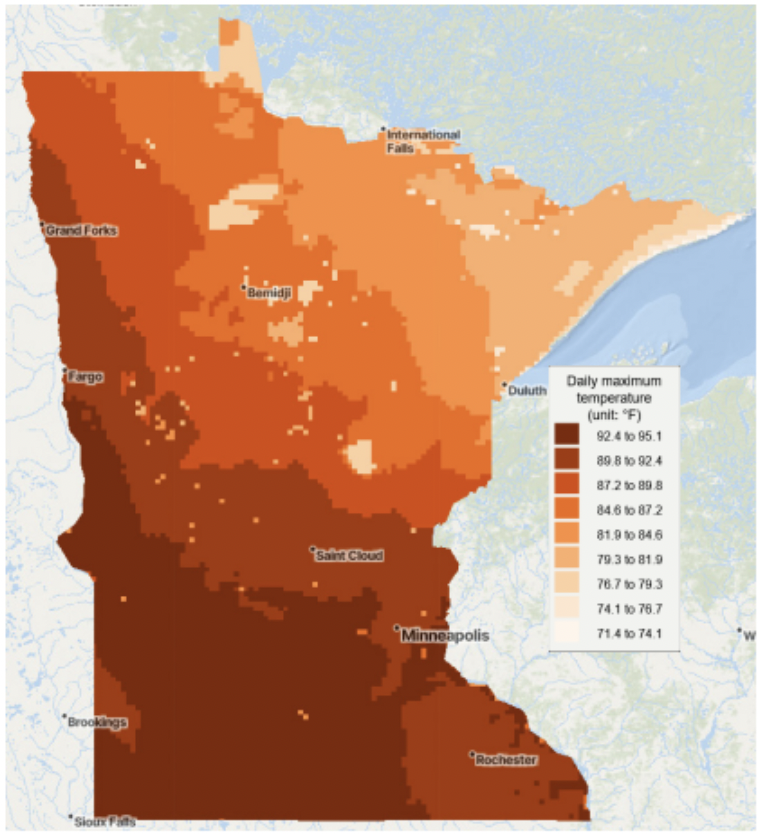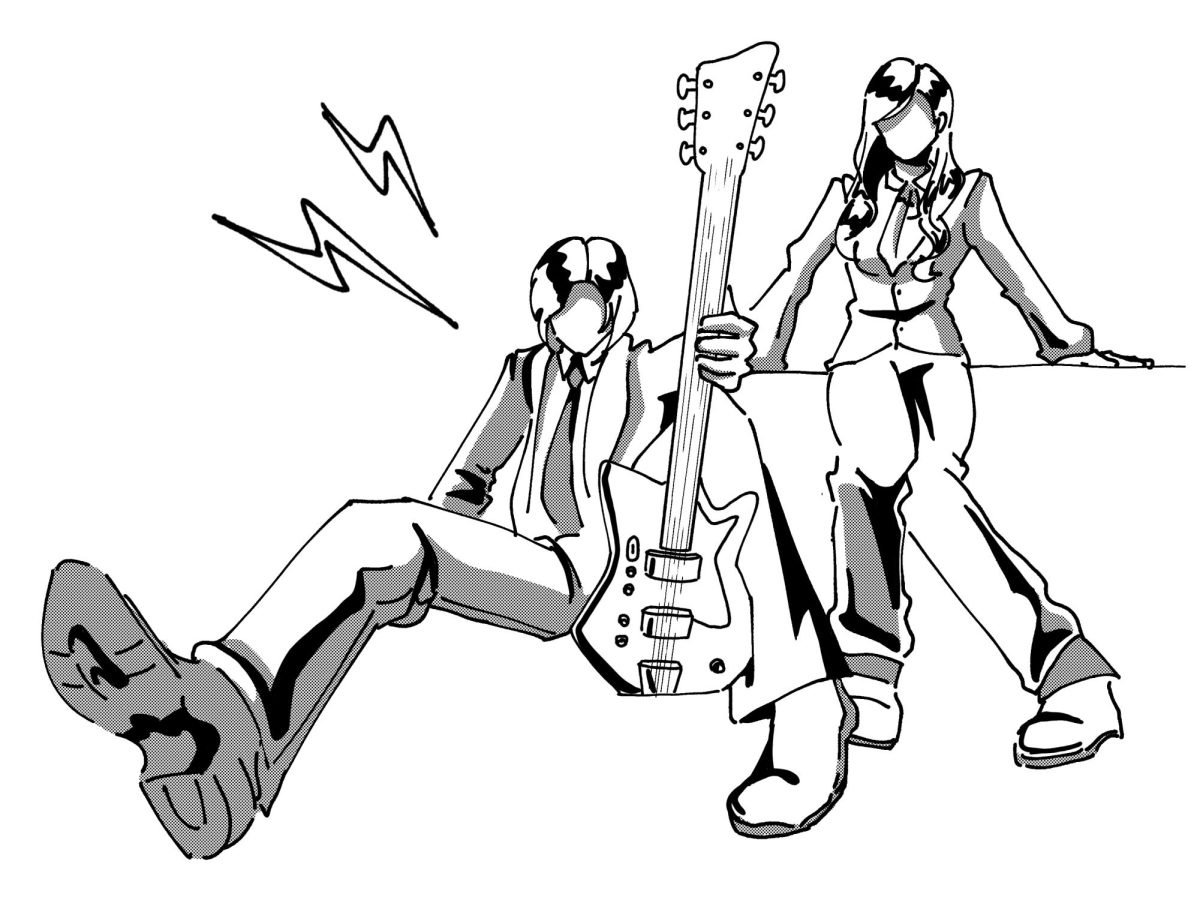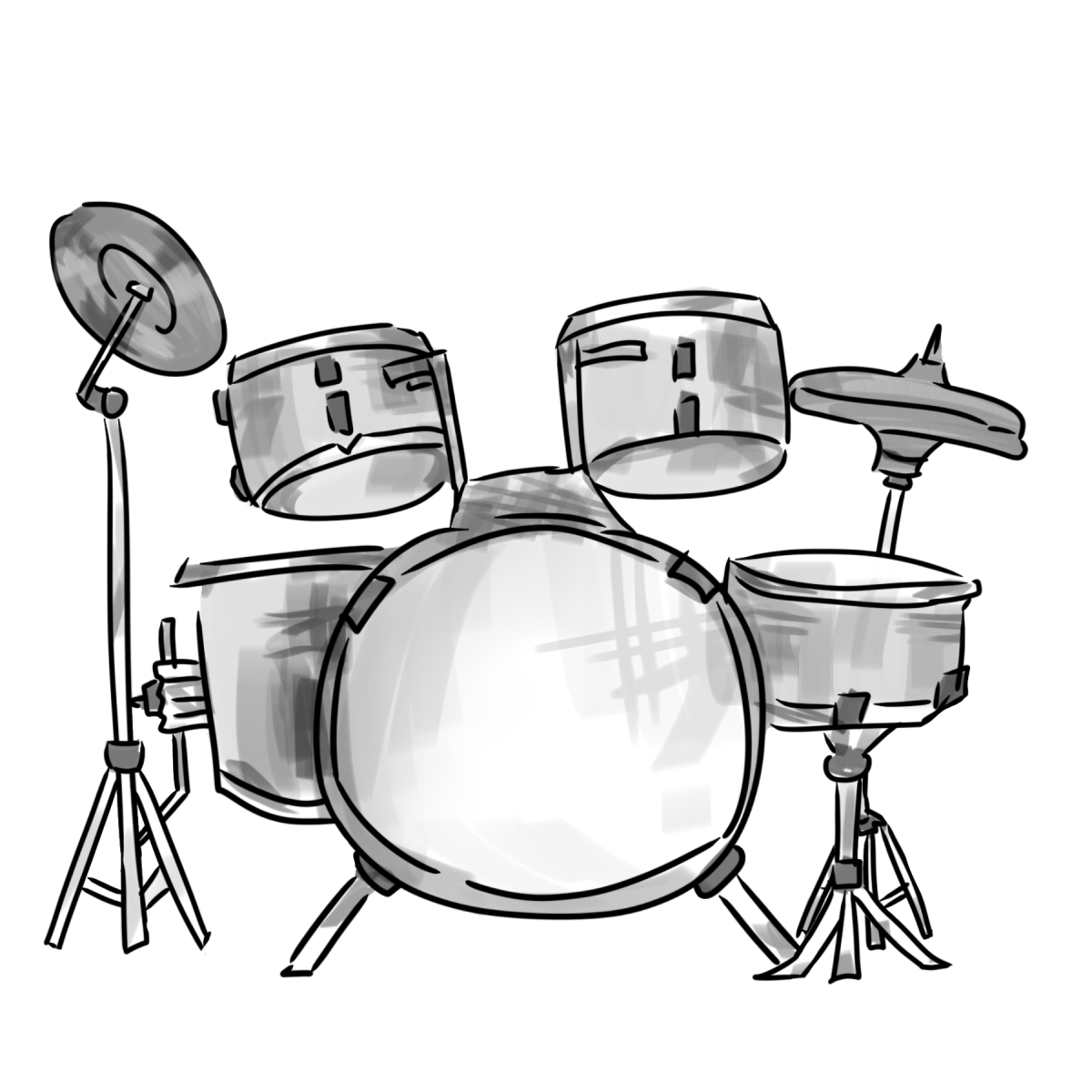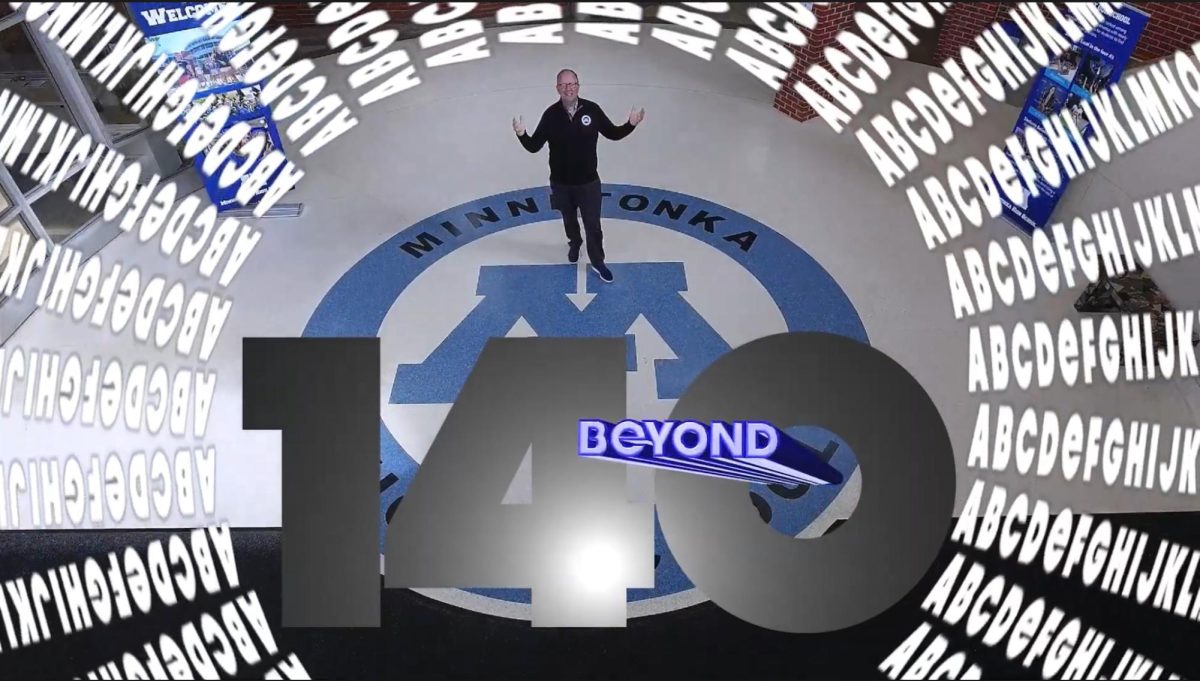When people claim that human behaviors are affecting the climate they don’t
usually mean directly. Yet, somehow, congresswoman Marjorie Taylor Greene thinks that “they can control the weather,” which she tweeted in reference to hurricane Helene. This viral moment of hers has been disproven many times. Humans still haven’t mastered cloud seeding (the process of increasing rainfall from clouds), much less can they wield the power of a hurricane. Ironic as it is, she has also claimed that man-made climate change is a “scam”, which goes to show: When you don’t understand the science at play, it’s hard to understand what it is that humans are capable of. It’s clear that mankind’s carbon emissions have been affecting our environment, but how do these changes affect such large phenomena such as hurricanes?
Hurricanes have been an increasingly growing threat in the 21st century. This year North America witnessed some devastating hurricanes in the Atlantic, with 380 fatalities and around $190 billion in damages. Most of the damages are due to Hurricanes Beryl, Helene, and Milton, with Milton being the second most intense storm ever recorded over the Gulf of Mexico. Adjusting for inflation, the 2024 hurricane season has been the second most costly year of hurricanes in the US behind 2017, which cost an estimated $294 billion.
Climate change has played a part in making these storms worse. More and more heat is trapped in the atmosphere due to the greenhouse gas effect, which melts the polar ice caps and results in higher sea levels, but this heat also just makes the oceans warmer in general. According to the Environmental Protections Agency, sea levels are now about ten inches higher than what they were in 1880, which has a substantial impact on the severity of hurricane storm surges. Sea surface temperatures are also around two degrees Fahrenheit warmer than in 1910. The warmer temperatures intensify the evaporation of the water, causing more water vapor to be pulled into these storms, resulting in stronger wind and greater rainfall. It isn’t nefarious left-wing scientists making these disastrous storms, it’s the cause and effect of pumping carbon emissions into the atmosphere for almost 200 years.
While climate change has grown into such a pressing issue, little seems to be
being done in the way of environmental education. When asked about his experience learning about the climate, Azael Olvera, ‘26, said “I don’t think I learned too much from school.” Others shared a similar sentiment. “I learned more in elementary school and middle school than I do now,” said Zoya Aghamirzai, ‘26, regarding climate change. They both shared that the majority of their knowledge comes from online sources and the news, suggesting that climate change isn’t a big enough part of the high school curriculum.
Greene isn’t entirely wrong, our actions as a species have exacerbated the
hurricane problem. Of course, her blame game only exists to deflect attention away from the real issues. With sufficient access to the facts, anyone has the ability to avoid these baseless conspiracies. But if climate knowledge only exists to those who seek it out, the facts might never reach the right people.

